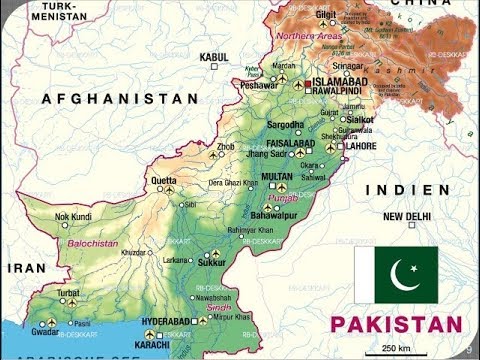
Image courtesy of wehearit.com
The Trajectory of Jobs: Part 1 --- AMARPREET SINGH
In the current political landscape the word – Jobs occupy the centre stage. Everyone is talking about jobs, be it the political parties, their election manifestos, the media, citizens… the list goes on. The lack of jobs or the count of jobs triggers heated debates on social media and in the drawing rooms. In fact many nations across the globe are currently witnessing civil unrest and citizen movements on unemployment or jobs.
To go down in history and understand the trajectory of jobs would be of interest. Our history books mention about carpenters, craftsmen, masons, traders, gurus, priests, and soldiers etc. who were gainfully employed in their respective jobs. For example the ancient Egyptian civilization mentions about lower (potters, washerman etc.) and upper class jobs (architects, engineers etc.) while the Romans make references to blacksmiths, farmers, barbers, construction workers, merchants, gladiators etc. We had the Greek civilization where the jobs included weavers, farmers, witches, soldiers, traders, magistrates, miners, musicians etc.
In ancient India the jobs bore a resemblance to that of the other civilisations and included carpenters, farmers, priest, herdsman, weavers etc. There was division of labour and society was content in terms of the income generated from the professions. As per Britannica in the ancient times the organization of work or tasks was primarily to secure the basic human needs like food and shelter. In my experience the need to provide food has continued right throughout the evolution of human civilizations and still remains so in the digital age.
What is of interest about the jobs in the ancient times is the participation of women workforce. Whether it was the Roman civilization or Indian civilization women performed jobs like courtesans, poetess, sex workers, palace guards, spies, bakers, basket weavers etc. and contributed to the progress of the society. While the men preferred the jobs which required more physical tasks or labour the women were confined to traditional jobs as they were expected to take care of their home and children.
The specialization of jobs started taking roots as the workforce in ancient civilizations started becoming adept in their tasks. Moreover the availability of jobs and the enforcement of division of labour meant that the workforce was gainfully employed. We have seldom read about our kings or maharaja’s having a heated debate on jobs or even going to war with each other to create or acquire jobs. Interestingly jobs like farmers, musicians, tailors, artist, story teller, tool maker have survived through the ages and continue to exist today.
Largely the jobs in ancient times were inherited from the previous generation. There was hardly any space in terms of flexibility of rotating between the different types of jobs. Furthermore the activities associated with jobs like job interviews, resumes, job descriptions, placement agencies, labour bureaus etc. were absent in the ancient times. The work hours were defined by nature which would mean that tasks lined up for day and night would get executed accordingly. In terms of compensation the workers received the same in local currency as well as in kind for their respective jobs.
We can say that jobs were essential to survival of society and mankind in the ancient times as much as they are in the present times. To conclude it would be interesting to examine the shifts as the history of jobs unfolded with the passage of time in the next write-up.
By:
Amarpreet Bhamra



Comments